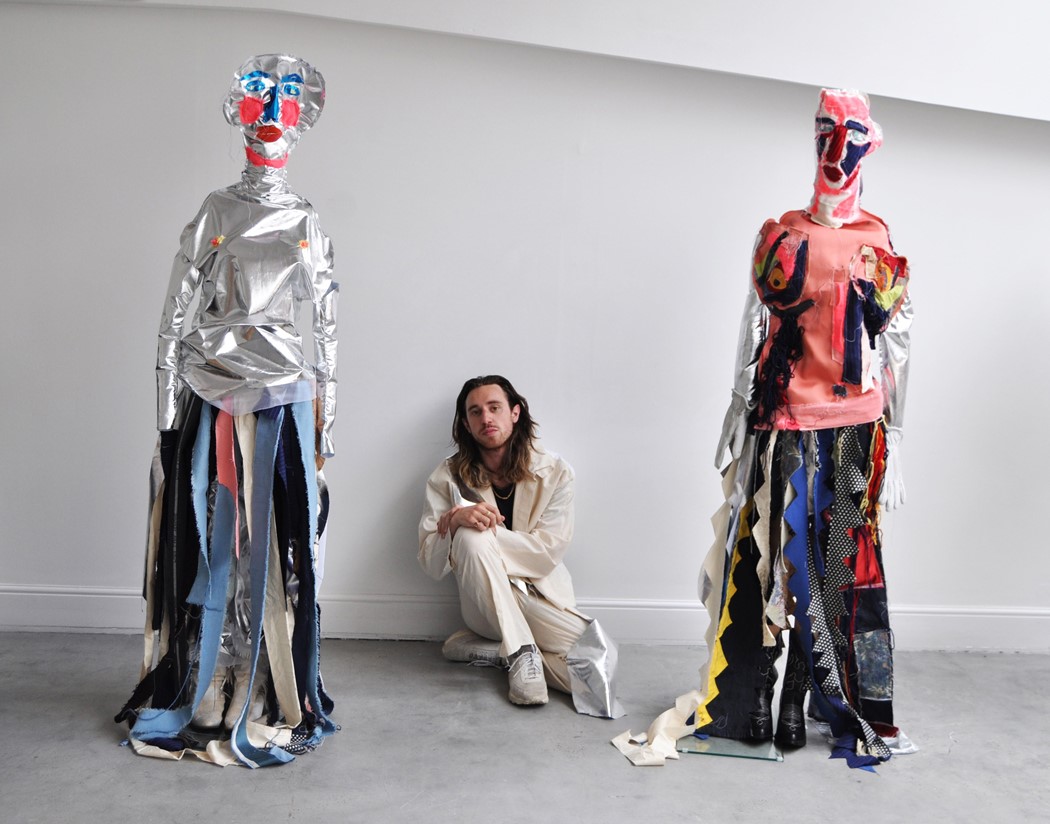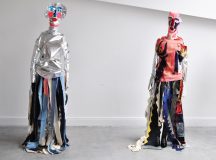“Sharper Than Razor Blades” makes you want to hit the pause button for your social media. Alexander James’ latest exhibition in London analyses an overlap in art and identity in this modern age.
Everything is becoming digital in the world – to the point where identities are easily altered with a simple click. In an overwhelmingly digitalized era where technology plays a major ever-evolving role in our lives, and the existing notion that it is already hard to tell which one’s real and which one’s a façade, British-born multimedia artist Alexander James aims to explore the true meaning of existence, how the evolution of technology will affect human culture and create their own subcultures. Being an artist with a pretty strong social media presence himself, Alexander seems to be the right example for the theme.
His latest exhibition, Sharper Than Razor Blades, is a refreshingly honest review and testimony from the artist about digital technology’s huge influence in shaping human existence and identity fluidity. Realizing the concept of juxtaposing digital and physical realms to his artworks, Alexander explores the use of different mediums from patchwork, sculptures, paints to digital collage. He is already more than familiar with utilizing different art practices for his previous projects, and this exhibition is not an exception as it also weaves several materials of collaging – Alexander added new 3D dimensional sculptures – from rough line drawings to the use of fabrics; denims, suedes, cottons, and some re-used fabrics from his own wardrobe.

Through an observation of different perspectives, Alexander believes that the outcome of constant progress in digitalization is not only negative, since it will also able to open up new windows across several spheres. A balance is needed for social integrity and technology to coexist.








